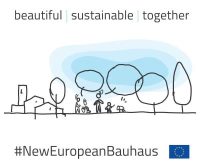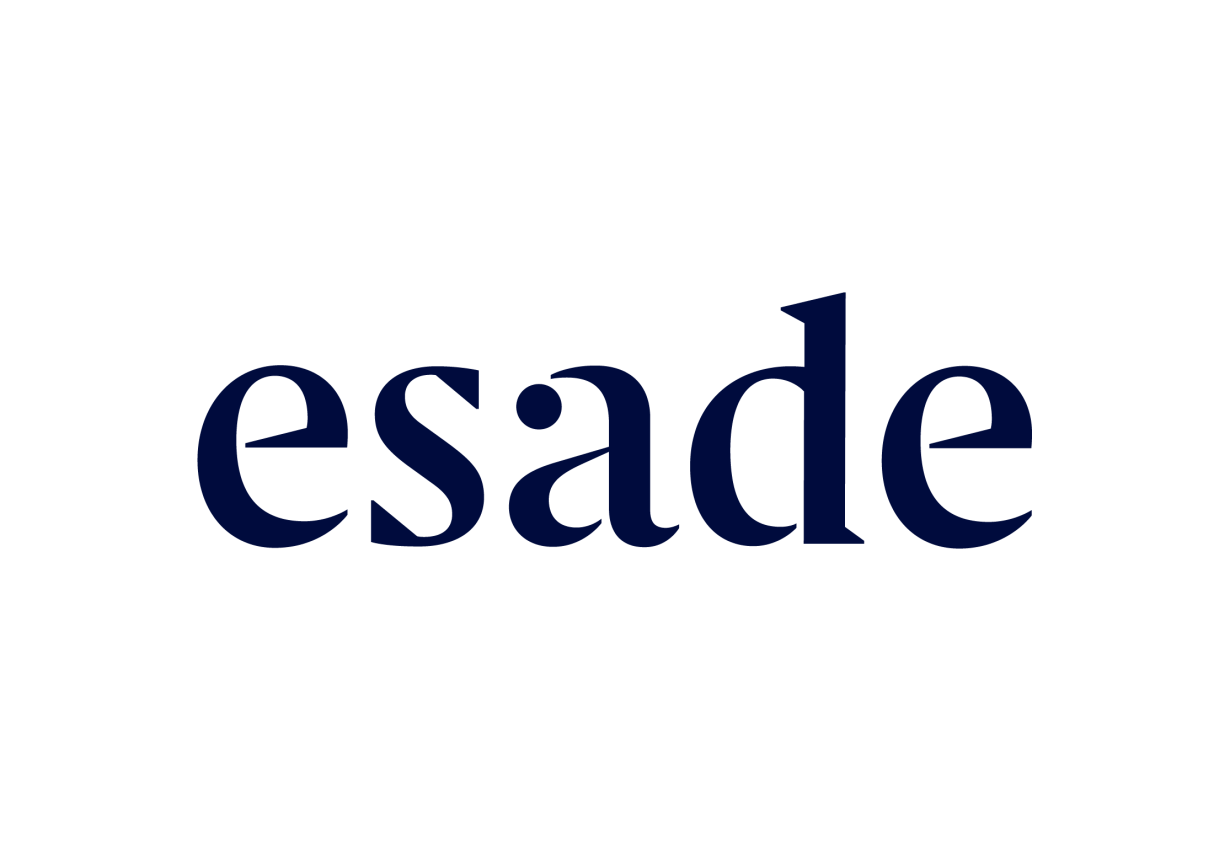
Can environmental, social and governance investing (ESG) contribute to financing sustainable development? This is the question Sciences Po students had to answer during the first ever essay competition organised by Sciences Po’s European Chair for sustainable development and climate transition.
The winners, accompanied by Chair holder, Dr Marc Ringel, were invited to Luxembourg to the European Investment Bank, the EU’s climate bank, for a discussion with EIB Group staff both on the lending and the financing sides.
Anna Emilie Wehrle and Marin Pitavy shared the first prize for their essays suggesting ideas on how ESG ratings’ current shortcomings could be addressed to make finance markets greener in the long run. Anna Emilie Wehrle’s essay asked “Has ESG Investing a future as a contributor to financing sustainable development?” and Marin Pitavy wrote about “ESG Investing: a stronger framework for a better effect”.
Kitti Fodor won the third prize for her essay entitled “How to instrumentalize ESG to achieve sustainable development?”.
The winning contributions have been published on the Chair’s student activity blog.
Every semester, the Chair is hosting a competition or challenge on a different topic. The competition is open to all students of Sciences Po’s Paris School of International Affairs and Ecole Affaires Publiques. This year, the Chair wanted students to familiarize with the topic of Green financing.
Through the EIB Institute, the EIB aims to support academic research and share expertise to enrich knowledge building and knowledge dissemination on climate related issues. It is one of the three sponsors of the European Chair for Sustainable Development and Climate Transition at Sciences Po in Paris.
The EIB is the lending arm of the European Union and one of the world’s main financiers of climate action and environmental sustainability.
In 2019 the EIB Board of Directors approved a new set of ambitious targets for climate action and environmental sustainability to back the European Green Deal and make Europe the first carbon-neutral continent by 2050. This includes banning fossil fuel financing, aiming to dedicating 50% of EIB lending to climate related projects by 2025 (a target already achieved in 2021) and investing only in investment projects compliant with the goals of the Paris Climate Agreement.
The EIB is also among the largest multilateral issuers of green and sustainability bonds, having launched the first green bonds in 2007.
Photo: Anna Emilie Wehrle, Marc Ringel, Kitti Fodor and Marin Pitavy,




